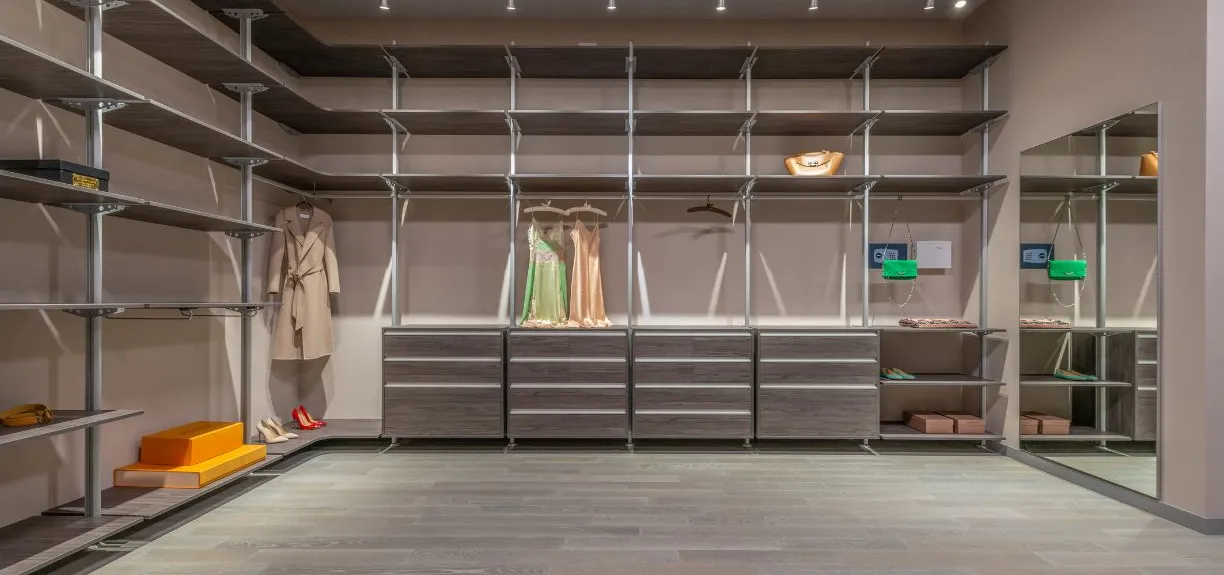Adapting hobbies as people age is an important strategy for maintaining an active, engaged lifestyle. As physical capabilities and interests change, adjusting the hobbies and activities that one pursues can help enhance the quality of life, provide mental stimulation, and maintain social interactions. Here’s a guide on how to adapt your hobbies as you age, ensuring they continue to bring joy and fulfillment.
Contents
Recognizing Changes and Embracing Adaptation
The first step in adapting hobbies as you age is to recognize and accept that changes may be necessary. Physical strength, endurance, vision, hearing, and mobility can all impact the ability to perform certain activities. Accepting these changes without judgment and focusing on what is still achievable is crucial. It’s about shifting perspective from loss to adaptation and opportunity.
Adjusting Current Hobbies
- Modify Techniques and Tools: Many hobbies can be continued with some practical adjustments. For instance, gardeners can switch to raised beds or container gardening to avoid the strain of bending and kneeling. Those who enjoy sewing or knitting might use ergonomic tools to ease joint strain and better lighting to accommodate for changes in vision.
- Pace Yourself: Adjust the pace to fit your current energy levels and physical capabilities. Break tasks into smaller, manageable parts, and don’t hesitate to take frequent breaks. This can apply to activities ranging from woodworking to painting, where longer projects can be spread out over more sessions.
- Leverage Technology: Technology can be a great enabler. For example, digital cameras can replace heavier traditional cameras for photography enthusiasts. Reading lovers can switch to audiobooks or e-readers with adjustable text sizes if holding books or seeing small print becomes challenging.
Exploring New Hobbies
- Discover Accessible Activities: Sometimes, an old hobby may no longer be practical, but many activities are naturally more accessible and can be equally fulfilling. For example, water aerobics is gentler on the joints compared to jogging, and playing a musical instrument like the piano can be easier on the fingers than string instruments.
- Intellectual and Social Activities: Engaging in hobbies that stimulate the mind and foster social connections can be particularly beneficial. Consider activities like chess, card games, book clubs, or crafting groups that also provide opportunities to interact with others, enhancing social well-being. Care homes like Fairview Court in Bristol ensure a range of these types of activities as they are so beneficial to their residents.
- Educational Pursuits: Many seniors find joy in turning to educational pursuits later in life. This could include taking classes in a variety of subjects such as history, art, or technology. Community colleges and senior centers often offer courses specifically designed for older adults.
Consulting Professionals
- Occupational Therapists: Consulting with occupational therapists can be very helpful. They can offer professional advice on how to adapt your environment and activities to suit your physical needs. This might include customizing crafting spaces to reduce the risk of falls or suggesting adaptive tools that allow for easier handling.
- Fitness Experts: Consider working with a fitness expert specializing in senior health for physically demanding hobbies. They can help tailor fitness programs to maintain the strength and flexibility needed for your favorite activities.
Maintaining Flexibility and Openness
Adaptability is key. Be open to changing your approach as your needs evolve. The willingness to adapt not only ensures safety but also enhances enjoyment and satisfaction.
Conclusion
Adapting hobbies as we age is not about giving up what you love but rather about adjusting and finding new ways to continue enjoying life. With the right modifications, new hobbies to explore, and support from professionals, seniors can continue to engage in meaningful, pleasurable activities well into later life, promoting a happier, healthier lifestyle.









